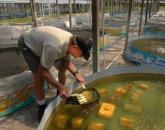LPH is a personal subsidiary plot. 112 Law "On personal subsidiary plots
Today we invite the reader to talk about a phenomenon that is widespread in Russia and is called personal subsidiary farming. What will be discussed? What exactly does this term mean? Is there a conversation in this case about a farm (peasant) economy, which implies a relatively large-scale land ownership with a corresponding turnover, or is it just a modest home garden that can feed only its own owner and household? Let's figure it out.
If you have a garden or small plot of land near your house where you grow a few vegetables and keep a few livestock, you may not be planning to expand your farm. But in the event of the formation of surpluses of grown and produced, which you cannot consume on your own, you plan to sell them. Will such revenue be included in the category of income received from entrepreneurial activity? What does the rule of law say about this?
Federal Law on personal subsidiary farming
Such activities are regulated by law. Namely - 112 Federal Law of the Russian Federation under the title "On personal subsidiary plots", published in 2003 (July 7). The first paragraph of article number 2 of this normative act provides a definition of the concept of personal subsidiary farming. LPH is a form of activity related to the production and processing of agricultural products. Moreover, this activity is considered non-entrepreneurial.
LPH (personal part-time farming) is conducted by a citizen alone or with the involvement of family members in order to satisfy their own personal needs on a plot of land acquired or provided specifically for this purpose.
The agricultural products that are grown and processed, in this case, belong to the property of the leading private household plot of a citizen, and the process of its implementation is not an entrepreneurial activity. It is not necessary to register private household plots separately. The right to engage in such activities (production and processing of agricultural products with their subsequent sale) arises immediately after registration of the right of ownership or lease to the specified land plot. According to the mentioned Federal Law number 112, a citizen leading a household plot is a commodity producer in the field of agriculture (similar to a farmer or an agricultural enterprise).
On what land plots is it possible to organize private household plots?
There are only two categories of those. The first of them is land plots for personal subsidiary plots within the boundaries of the settlement, that is, household plots. The second - land plots outside the settlement (field). Agricultural products are produced on personal plots, as well as residential houses, buildings and structures for household, industrial, etc. purposes. A land plot with the status of a field plot can only be used for the production of agricultural products without the right to build any buildings on it.
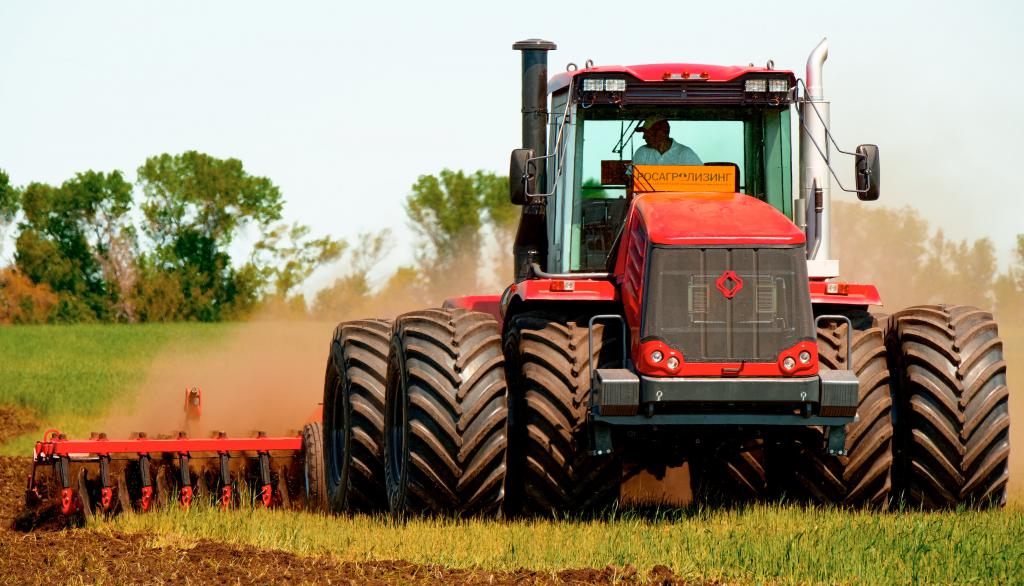
Are there any restrictions on the size of the land plot for private household plots?
The maximum size of such a plot, in the case when it is provided to a citizen for ownership from among municipal or state lands, is regulated by legal normative acts of the local administration. The maximum total area of all land plots, which each citizen has the right to simultaneously own or have another right to, is established in accordance with the law of the constituent entity of the Russian Federation.
If the total area exceeded the maximum allowable size, then within one year from the date of the emergence of the right to an "extra" land plot, this territory must be alienated by a citizen. Another option - within the same period, the specified person should register as an individual entrepreneur or carry out state registration of a farm (peasant) economy.
Is it possible for a city dweller to obtain land in a village for the purpose of organizing private household plots?
If you live in the city, then you have the right to receive a plot for private household plots. But only in the case when they are registered on a permanent basis in this urban settlement. A plot that is in municipal or state ownership will be provided to you only if there is free land.
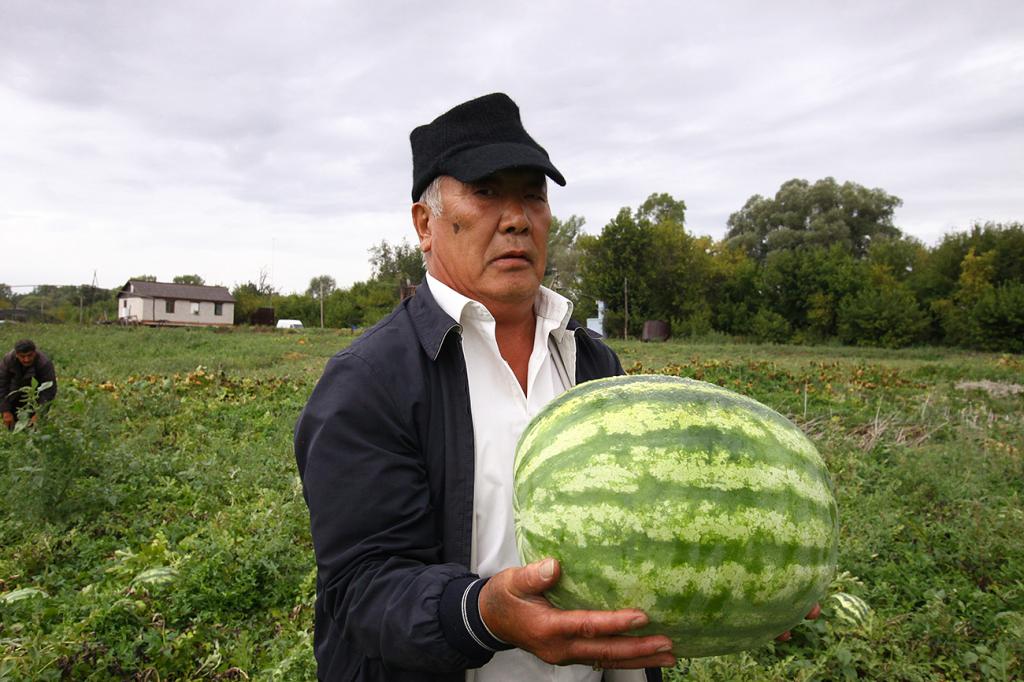
Accounting for household plots
All household plots are accounted for by the administrations of settlements and city districts in their household books. These books are maintained according to the information that the leading private household plot citizen provides on a voluntary basis:
- Who leads it - full name, date of birth of the citizen to whom the plot was provided or by whom it was acquired for the purpose of maintaining private household plots.
- Data (full name, date of birth) of those who, together with him, participate in the management of household plots (residents or simply family members).
- The area of the plot occupied by private household plots. On what lands - crops and planting of agricultural crops, on which - berry or fruit plantations.
- Number of livestock, farm animals, birds and bees.
- What property is at the disposal of private household plots. We are talking about equipment, agricultural machinery, vehicles that, on the basis of personal property or otherwise, belong to a leading private household plot.
What taxes are to be paid to the leading forestry complex
Article number 217 of the Tax Code states that the income of the taxpayer, which is received from the sale of livestock and poultry grown in private household plots located on the territory of the Russian Federation (live, in the form of their products or slaughter - in raw, as well as processed form), in addition - products plant and animal husbandry, beekeeping and floriculture (also in natural or processed form) is not subject to personal income tax. Running private household plots is a form (as already mentioned) of non-entrepreneurial activity. That is, citizens who organized such an economy do not have to pay:
VAT (payers of it - individual entrepreneurs and organizations);
income tax;
As well as property tax (this does not apply to real estate, machinery and vehicles).
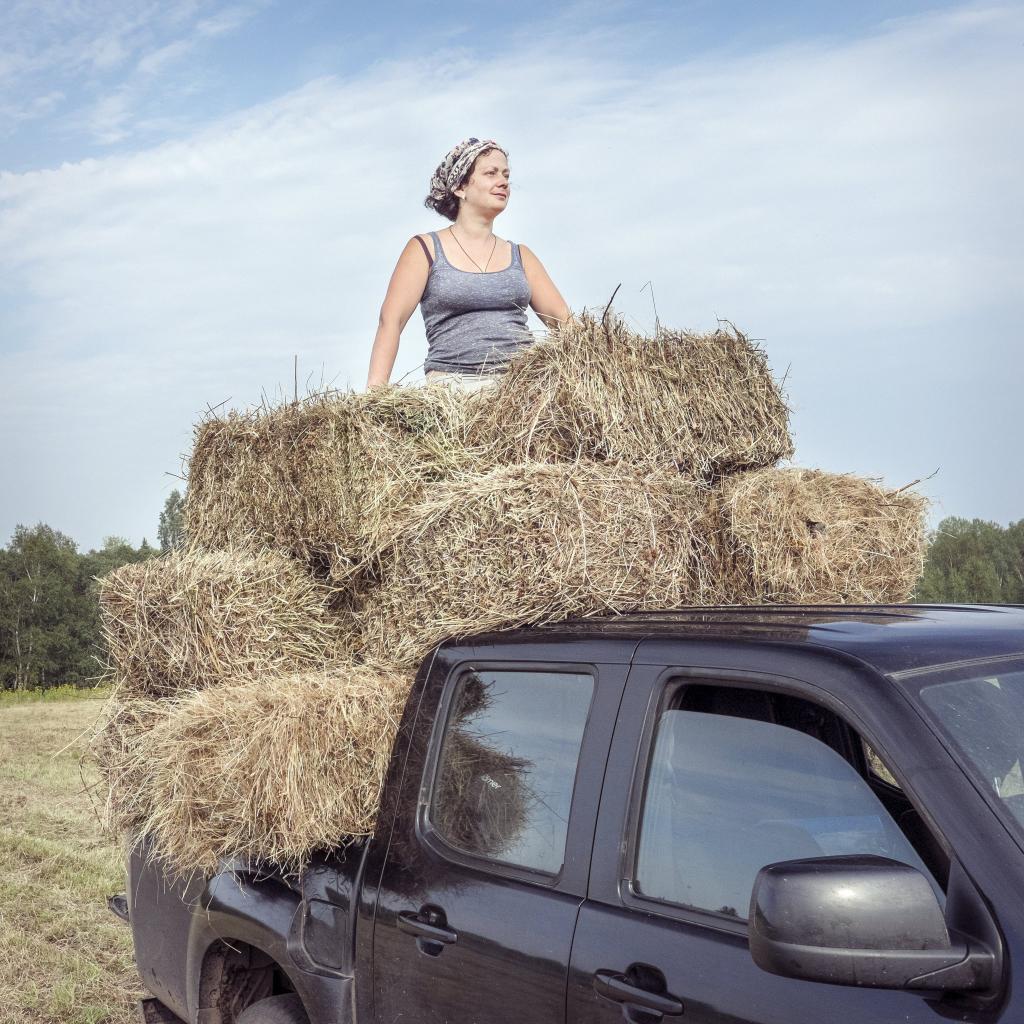
In addition, he is not "threatened" with deductions from the salaries of employees who are most often family members.
And what will the owners of private household plots have to pay? They must pay land tax. Agricultural machinery and real estate are also taxed.
Let's talk about the sale of household plots
Before you start selling products grown in your own private household plot, you should take a certificate from the local administration (from the head of the rural settlement) that the products grown and sold by you were produced there - in your private household plot. This guarantees you tax exemption.
For example, you are transporting several slaughtered sheep or chickens to the city market on your own vehicles. When stopped by a traffic police officer, questions are possible - where are you going and where does so much meat come from. By presenting the specified certificate (that is, confirming that products grown in household plots are being transported), you will get rid of unnecessary misunderstandings.
Another situation - you plan to hand over this meat, for example, to a sausage shop. At the same time, a trade and procurement act will be drawn up indicating your passport data and TIN (do not forget to stock up on copies of these documents to provide the buyer with products). The obligatory appendix of the trade and purchasing act is the above-mentioned certificate of the sale of products grown in your household plot.
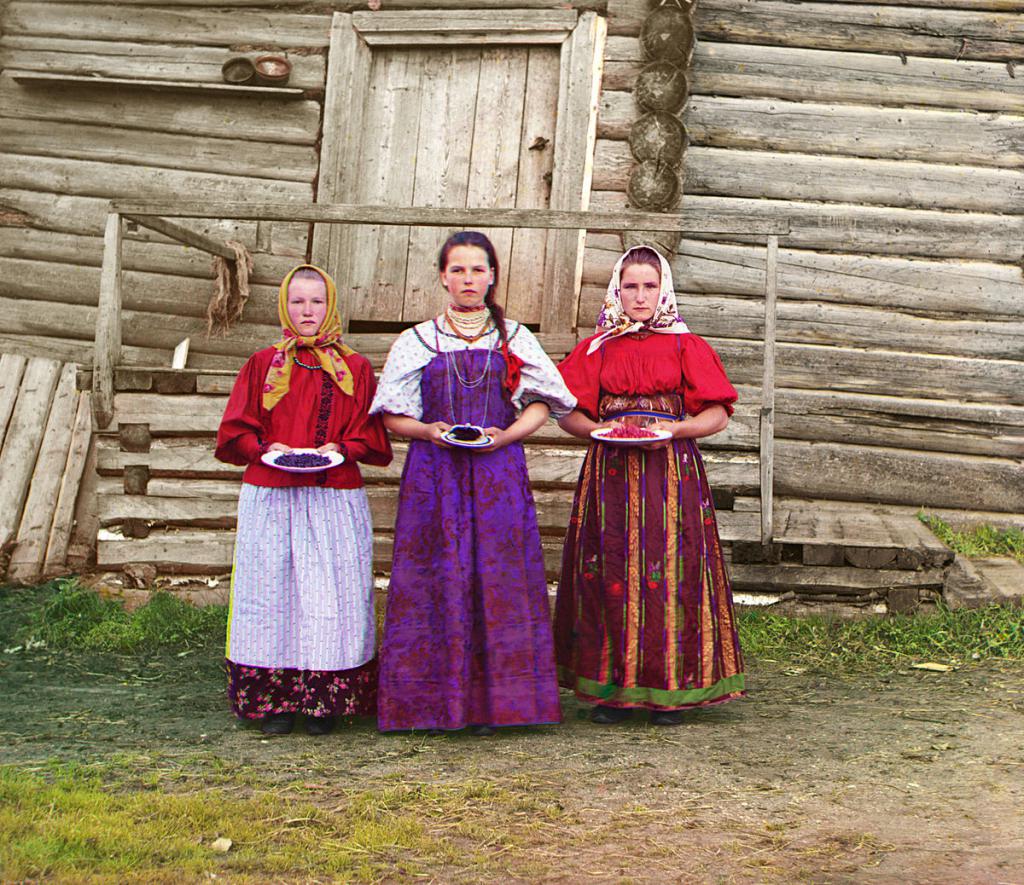
About possible misunderstandings
The legislation determines that the buyer does not have the right to withhold personal income tax from you and does not have to submit an appropriate certificate for you to the tax office. But sometimes, due to poor knowledge of legal intricacies, the person purchasing the product may still submit information to the tax authorities about the income received.
In this case, at the beginning of the next calendar year, you will receive a notice of income received as a result of the past year and unpaid tax. Then you have to pay a visit to the tax office with oral or written explanations about the nature of the transaction. In this case, no declarations are required and the tax itself, as already mentioned, is not to be paid.
What else should the owner of private household plots know?
In the case of the sale of products grown by you on the market, the use of cash registers is not required - it must necessarily be only with an organization or an individual entrepreneur, which you are not currently.
Hence the conclusion - if the totality of land plots in your ownership or lease does not exceed the size established in accordance with the law of the subject of the Russian Federation, then this form of self-employment - in the form of a private household plot organization - can be the best option, since one of its undoubted advantages is the lack of registration and taxation .
At the same time, state bodies and local administrations are prohibited from interfering in the activities of a leading private household plot of a citizen, except as provided by law. In their powers - to control observance by such citizens of legal norms.
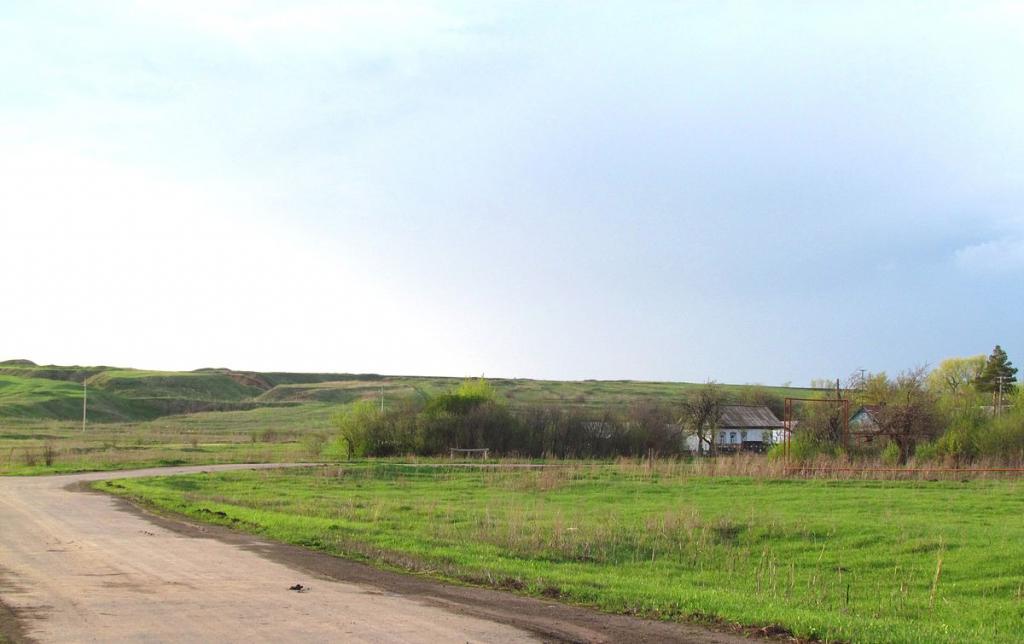
What kind of property is used to maintain private household plots?
The sixth article of the Federal Law "On personal subsidiary plots" states that it is possible to use in it a plot of land acquired or provided for this purpose, a residential house, as well as other buildings, household or industrial structures, including greenhouses. Such property also includes the entire livestock of farm animals, birds and bees, the totality of agricultural machinery and implements, equipment, vehicles, etc.
Does the state support private household plot owners?
According to article 7 of the same law 112 FZ, measures to support citizens employed in household plots are determined by local governments. Along with this legislation of the Russian Federation, the following areas of state support for such citizens are provided:
- In the form of the formation of the necessary service infrastructure (access roads, energy and water supply, means of communication, etc.), assistance in the organization of consumer agricultural cooperatives of a trading (marketing), processing, servicing and other nature.
- In the form of stimulating the development of a network of household plots by creating conditions of a social, organizational, legal and environmental nature. In particular, the owners of private household plots, as well as organizations serving them (for example, agricultural cooperatives), are provided on a return basis with financial and logistical resources, as well as technologies and the necessary scientific and technical developments.
- In the form of the implementation of the necessary measures leading to the improvement of the quality of rural breeding animals, the organization of their artificial insemination.
- Also - an annual free veterinary examination of livestock with the organization of veterinary services, the fight against contagious diseases among animals.
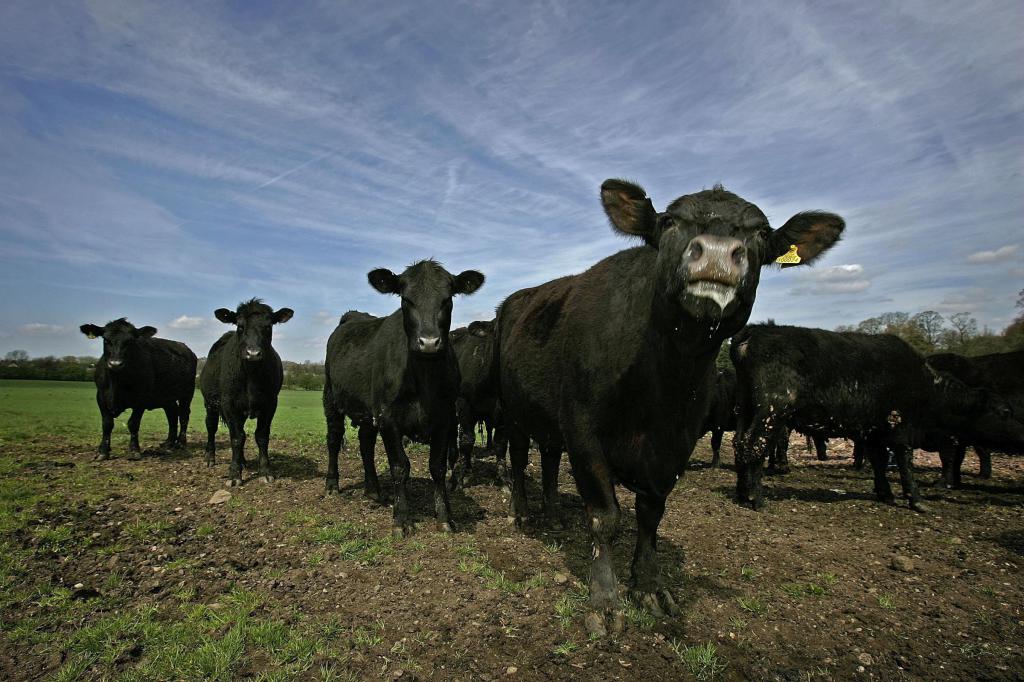
What else affects the development of private household plots
The legislation of the Russian Federation provides for the distribution to private household plots of those measures of state support that are provided at the expense of the federal budget to agricultural producers. The constituent entities of the Russian Federation adopt programs for the socio-economic development of not only rural settlements, but also household plots. Within their own powers, they determine in what form, size and procedure the support of private household plots on their own territory will be carried out together with the agricultural cooperatives serving them and other organizations.
The right to enter into legal relations of compulsory pension insurance for leading household plots is granted to citizens on a voluntary basis.
When does LPH stop? This occurs in the event of termination of rights to the land where it is held.
What should be remembered by those wishing to organize private household plots
As already mentioned, according to the law, it is not allowed to build on agricultural land. That is, if you plan to build a residential building or other structures, your household plot must be within the boundaries of the settlement. At the same time, it should be borne in mind that rent per hectare of land within its borders costs an order of magnitude more than outside the settlement.
In the case of obtaining the status of a farmer (that is, the formation of a farm), a citizen is obliged to register as an entrepreneur with all the ensuing difficulties and consequences - maintaining a balance sheet, reporting, which greatly complicates the procedure for managing a land plot and will scare many away from this occupation.
Another option for those wishing to build on the land of private household plots is to seek the transfer of a field plot to the category of settlement land. At the same time, it must be remembered that land not used for its intended purpose may be confiscated by law.
Popular
- Bull and bear on the stock exchange: the "animal" face of the stock market
- Stages of opening a private dental office
- How to open your store - step by step instructions for beginners + real life example
- Sales revenue - formula and concepts
- What is the difference between margin and profit - calculation formulas
- Advice 1: How to switch from a simplified system to a system with VAT payment
- The concept of "car depreciation" - what is it?
- Business of yesterday: 7 main problems of modern realtors :: Opinions :: RBC Real Estate
- What is the difference between public and non-public types of joint-stock companies, partnerships and cooperatives?
- Simple business - private household plots (personal subsidiary plots)



